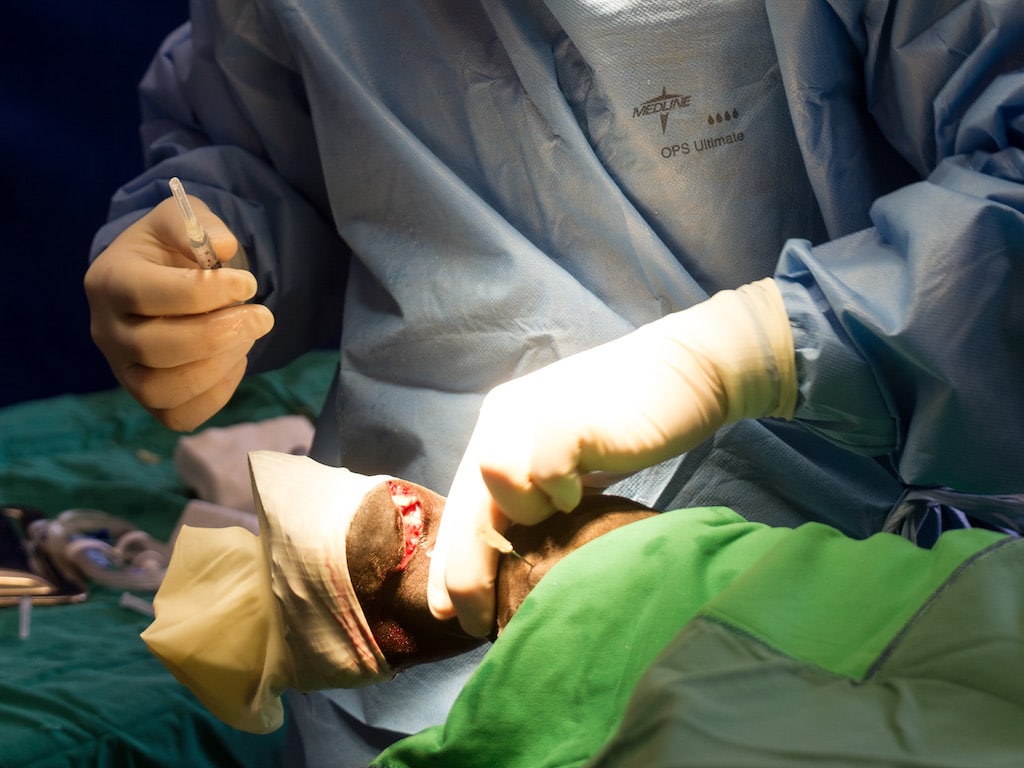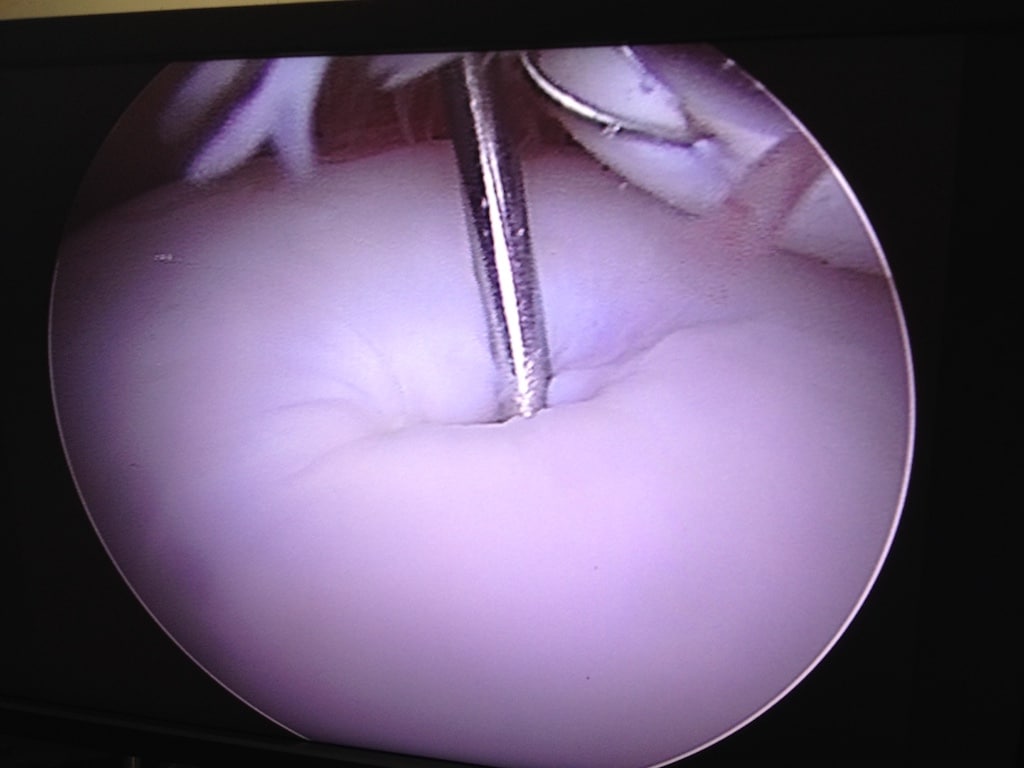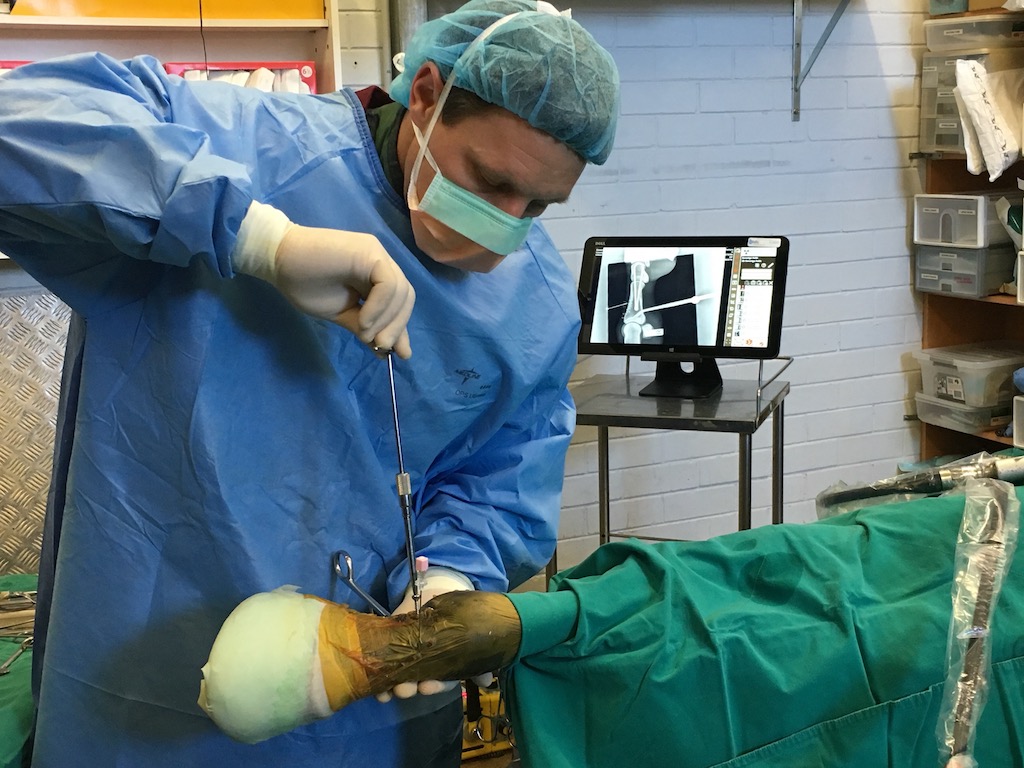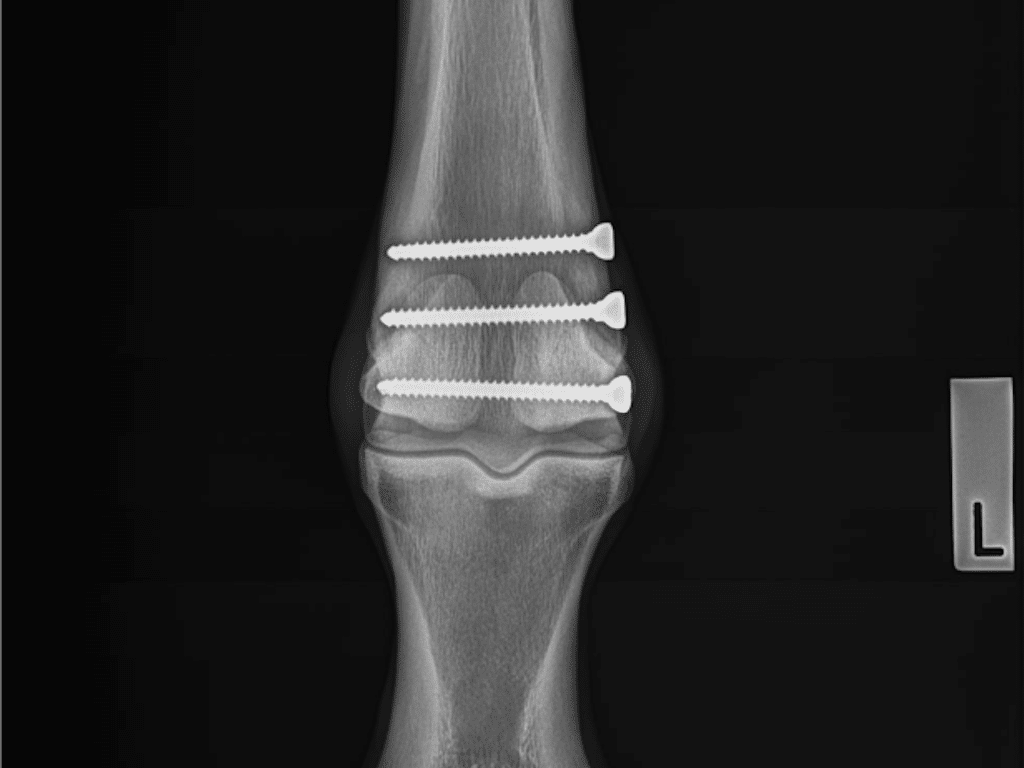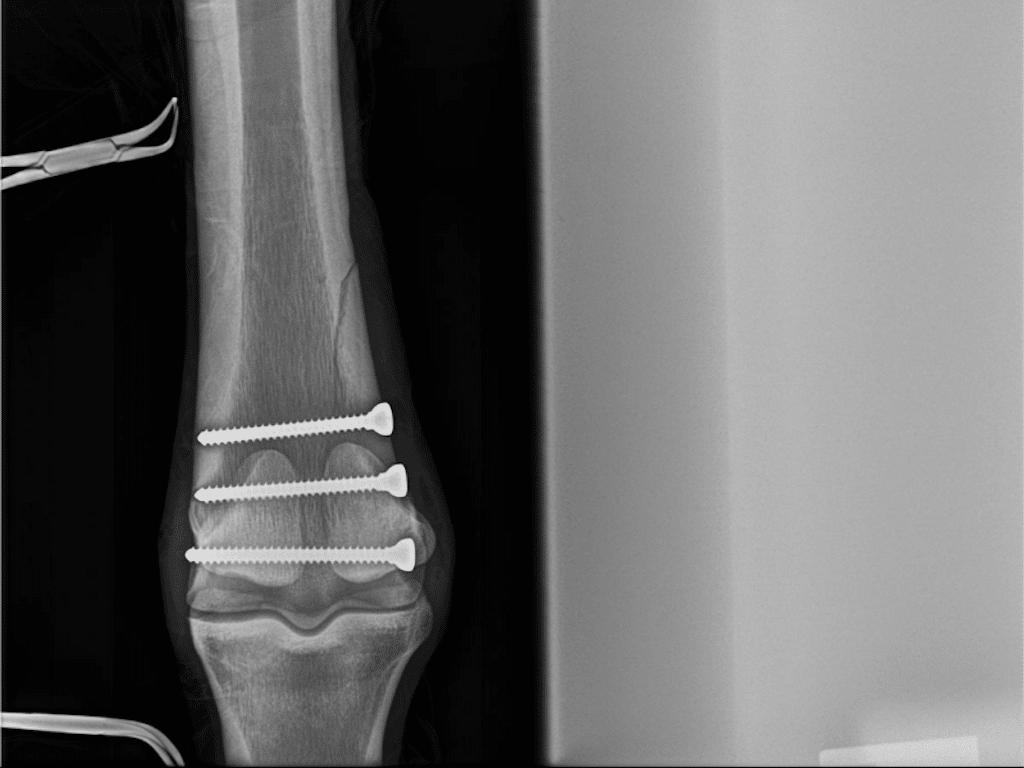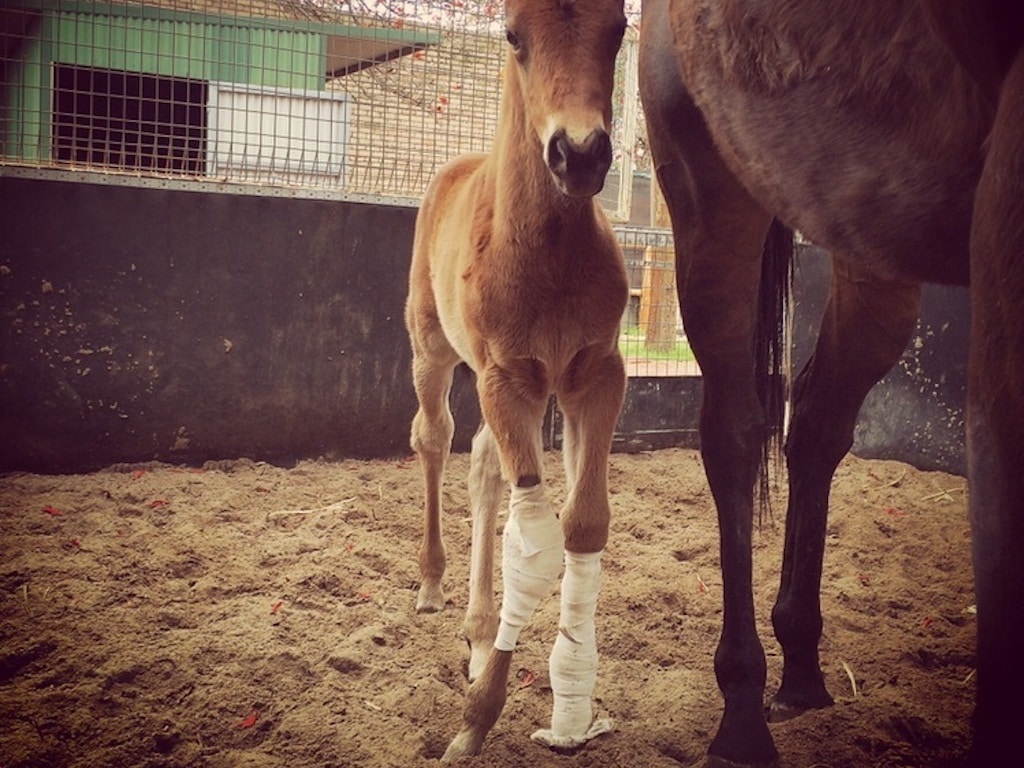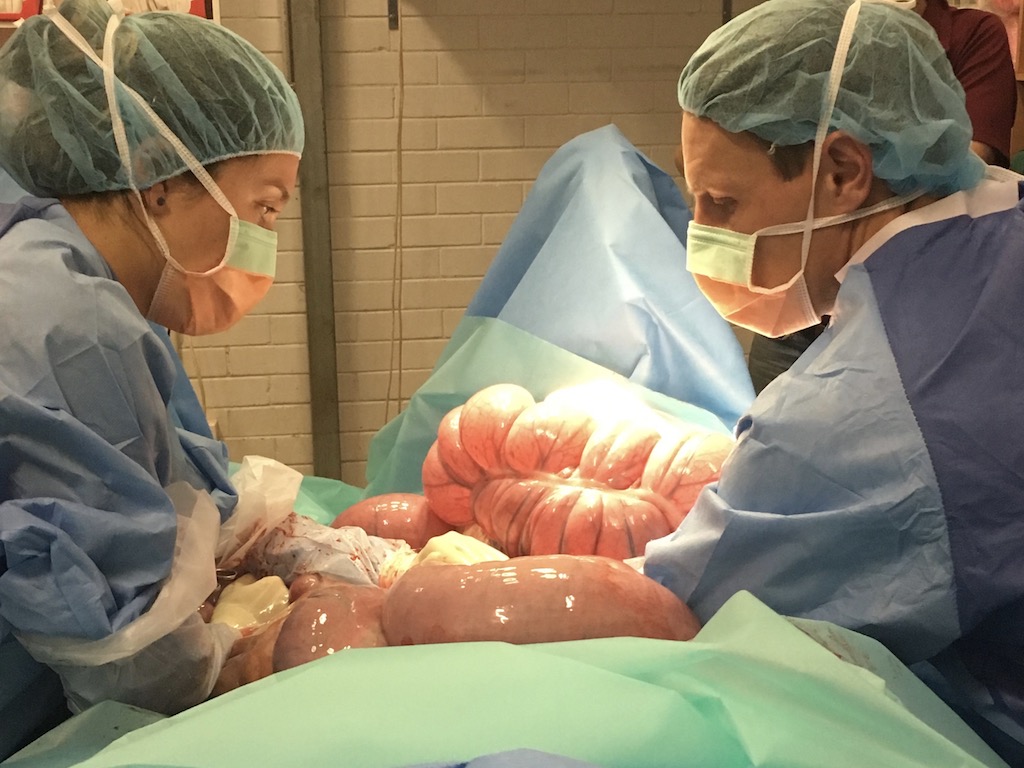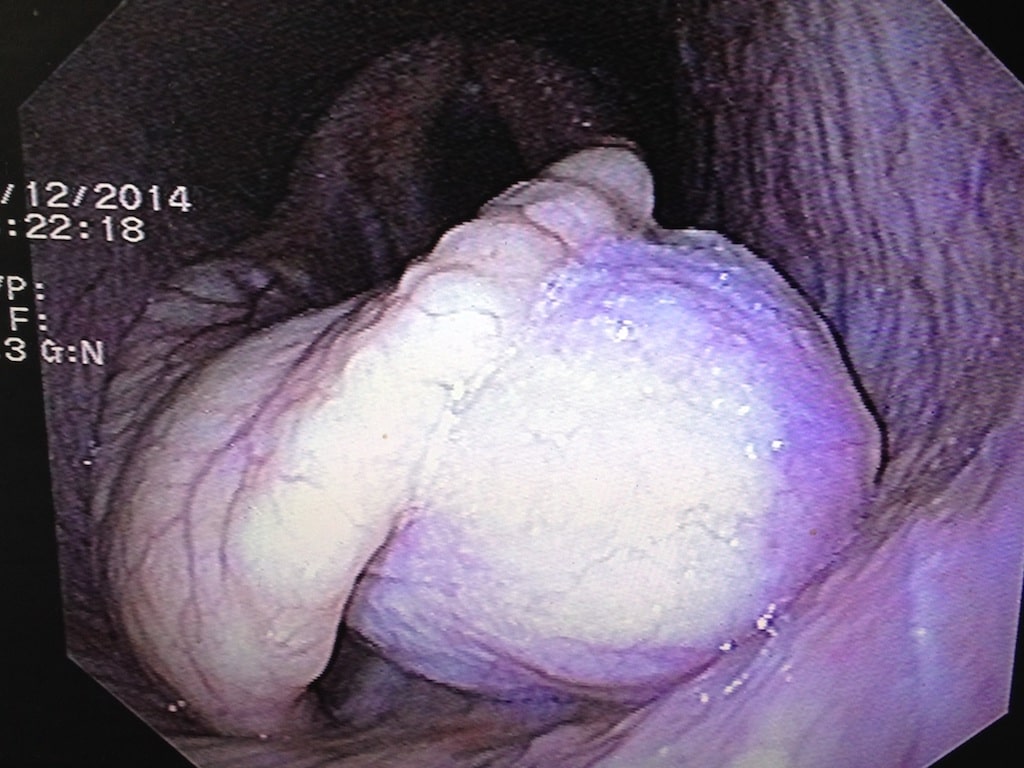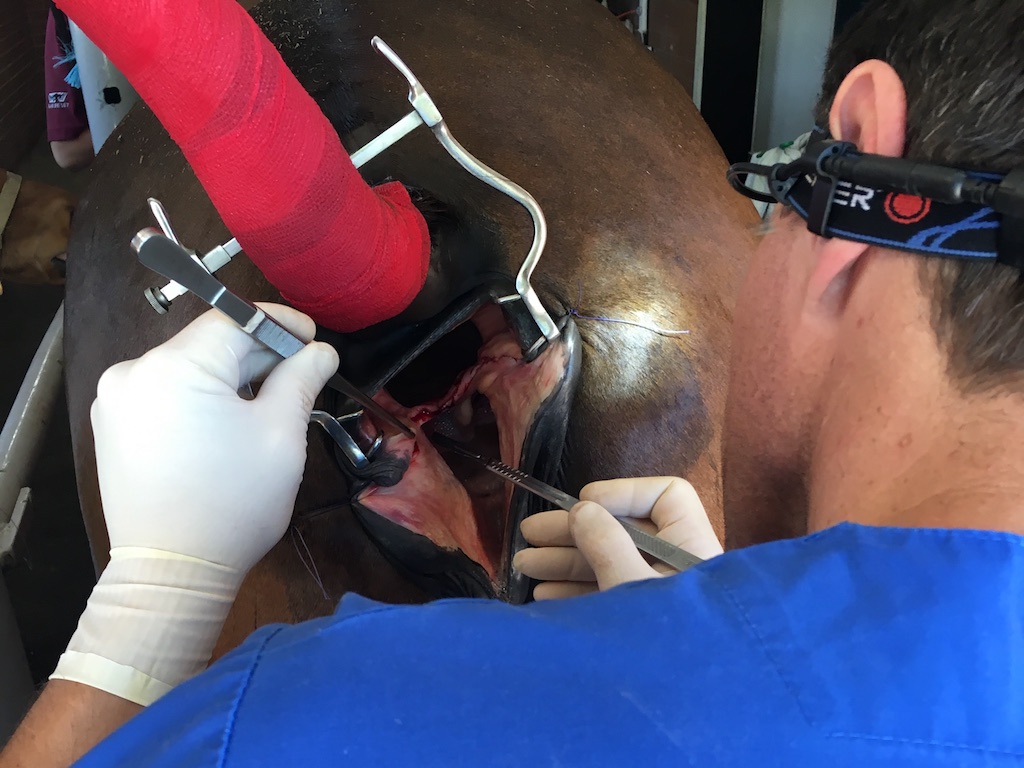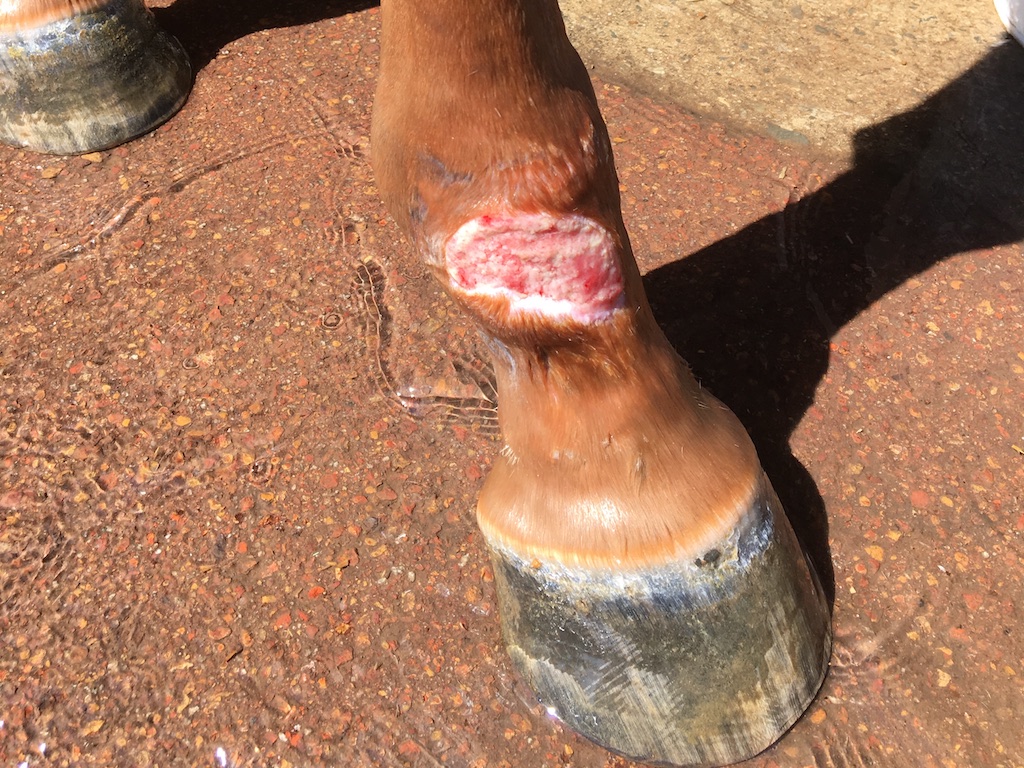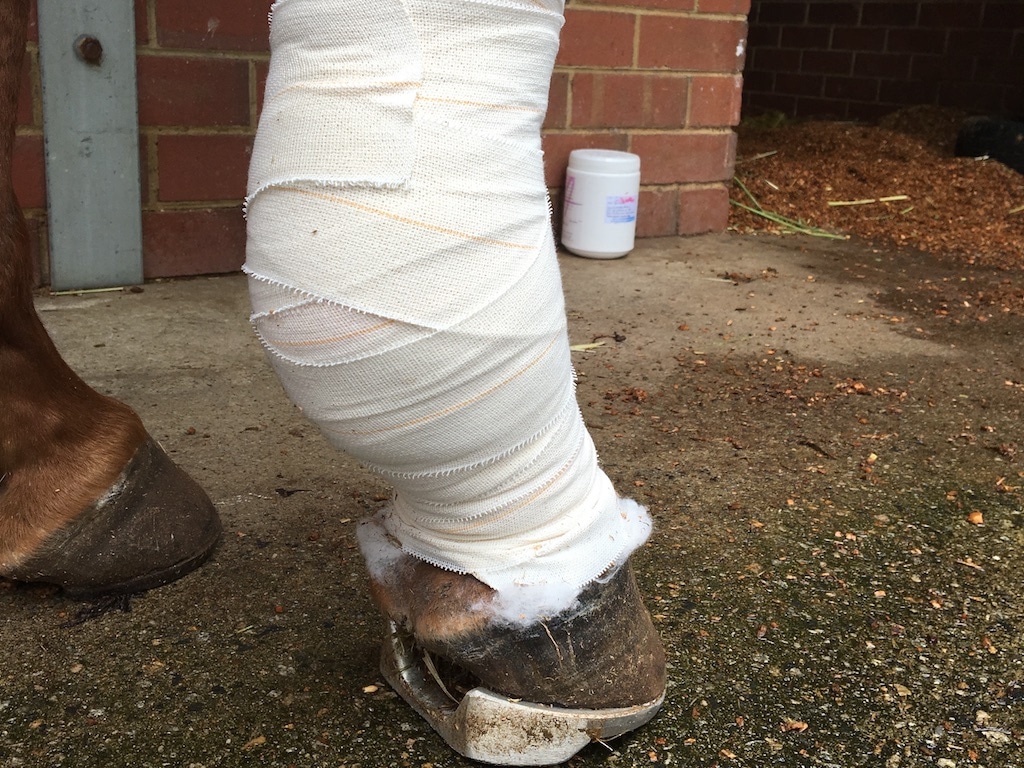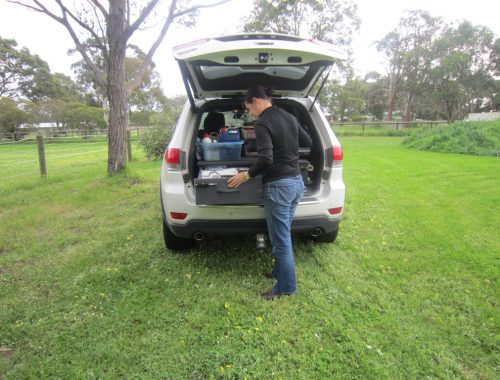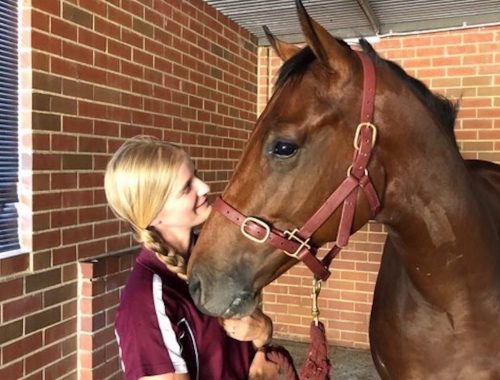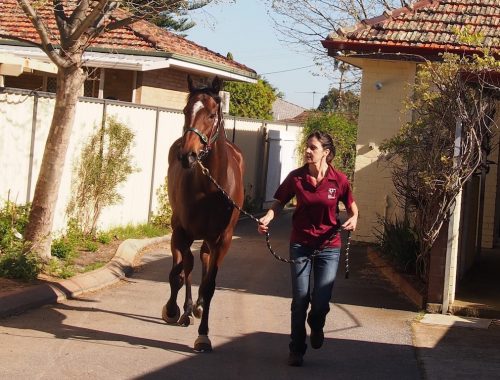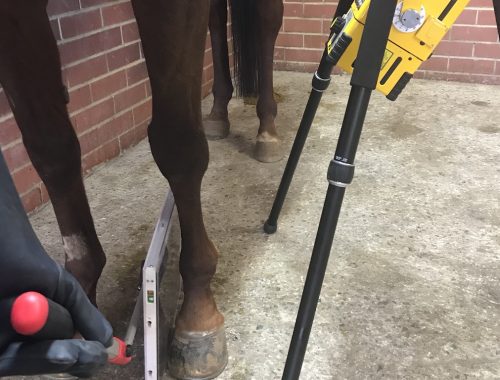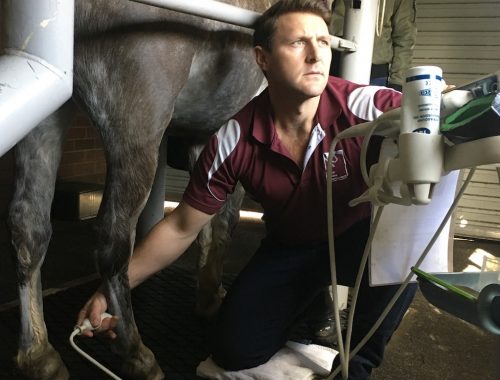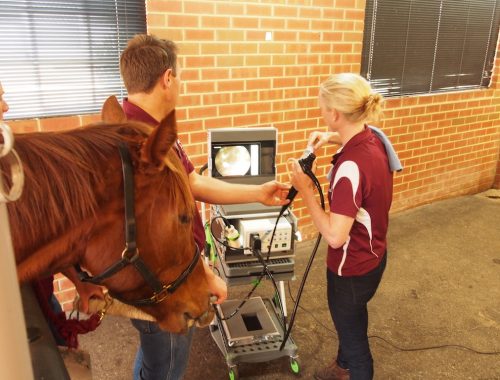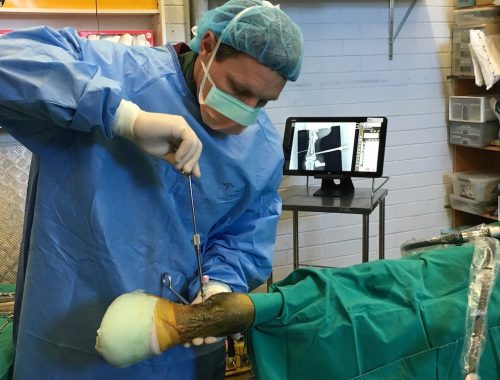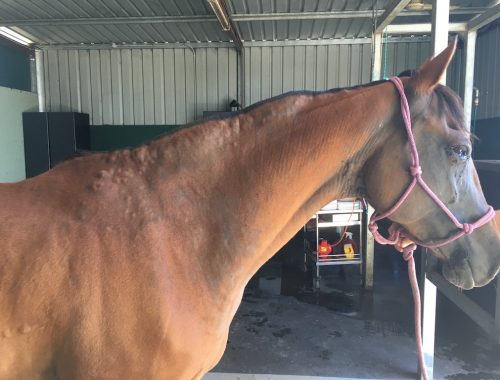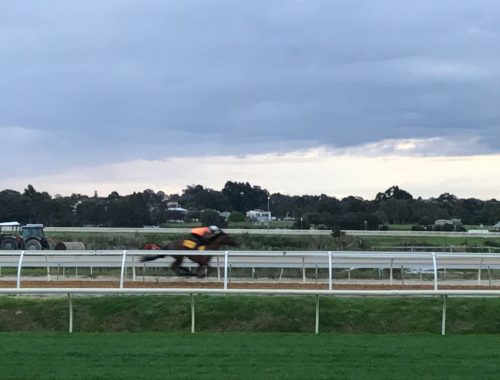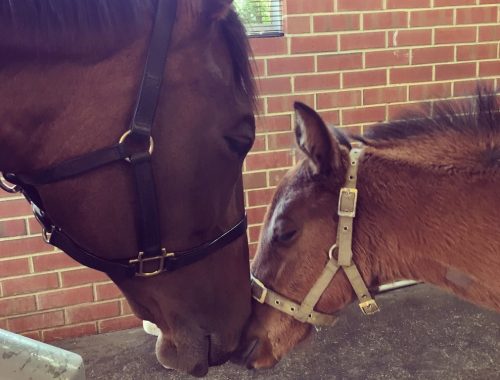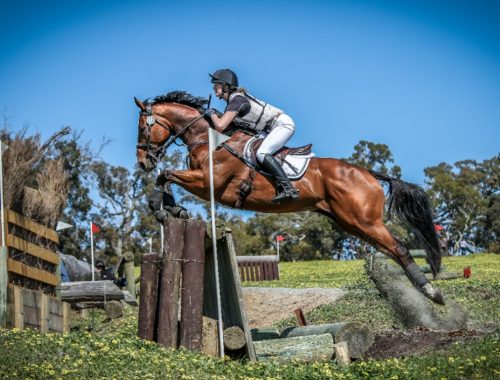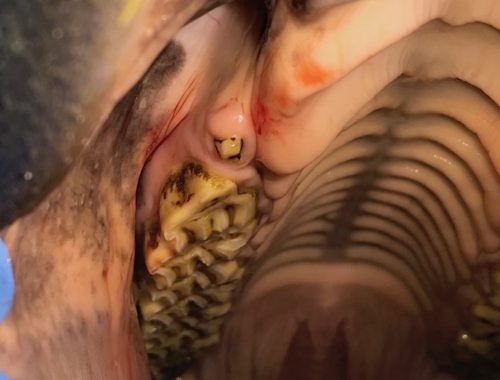Dr Peter Harding is a Diplomat of the American College of Veterinary Surgeons and is a registered specialist in Equine Surgery. Dr Harding provides complete surgical care for both emergency and elective surgical procedures. In the case of an emergency, our surgical team is available 24 hours a day.
The surgery facility consists of an operating theatre and a dedicated padded recovery room. An overhead hoist system lifts horses between the rooms. In addition, we also have facilities for standing surgery. Where appropriate, procedures such as sinus surgery, laparoscopic abdominal surgery and reproductive tract surgery can be performed with the horse standing, under sedation and local anaesthesia.
A wide range of different emergency and elective surgeries are regularly performed at Ascot Equine Veterinairans including: orthopaedic surgery, colic surgery, laparoscopy, respiratory, sinus and dental surgery, urogenital surgery, and wound repair.




